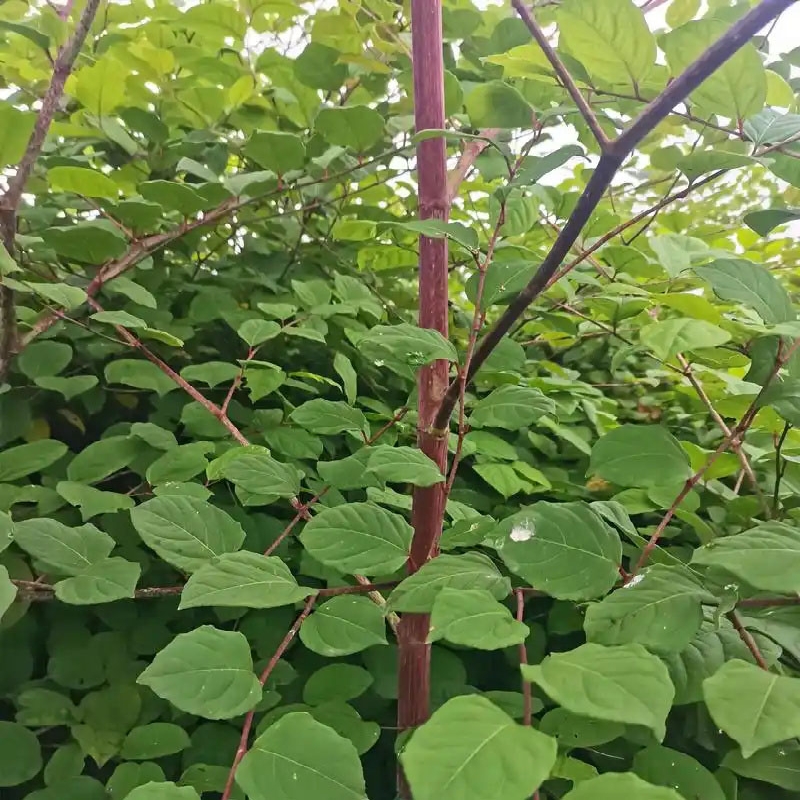-
Categories
-
Pharmaceutical Intermediates
-
Active Pharmaceutical Ingredients
-
Food Additives
- Industrial Coatings
- Agrochemicals
- Dyes and Pigments
- Surfactant
- Flavors and Fragrances
- Chemical Reagents
- Catalyst and Auxiliary
- Natural Products
- Inorganic Chemistry
-
Organic Chemistry
-
Biochemical Engineering
- Analytical Chemistry
-
Cosmetic Ingredient
- Water Treatment Chemical
-
Pharmaceutical Intermediates
Promotion
ECHEMI Mall
Wholesale
Weekly Price
Exhibition
News
-
Trade Service
Polyribosomes (polysomes) form as multiple ribosomes engage in translation on a single mRNA. This process is regulated for individual mRNAs by both development and the environment. To evaluate the translation state of an mRNA, ribosomal subunits, ribosomes, and polysomes can be isolated from detergent-treated cell extracts by high-speed differential centrifugation. These ribonucleoprotein complexes can be further purified by centrifugation through sucrose density gradients. By fractionation of the gradient the amount of an individual mRNA in a sub-population of polysomes can be quantitatively determined. Here, we describe methods for the isolation and quantification of polysome complexes from plant tissues. The mRNA obtained can be further analyzed by methods that evaluate polysomal mRNA abundance at the individual transcript or global level. A modification of the conventional polysome isolation procedure is described for transgenic
Arabidopsis thaliana
that express an epitope-tagged version of ribosomal protein L18 (RPL18) that facilitates capture of ribosomes from crude cell extracts by a one-step immunoprecipitation method.






